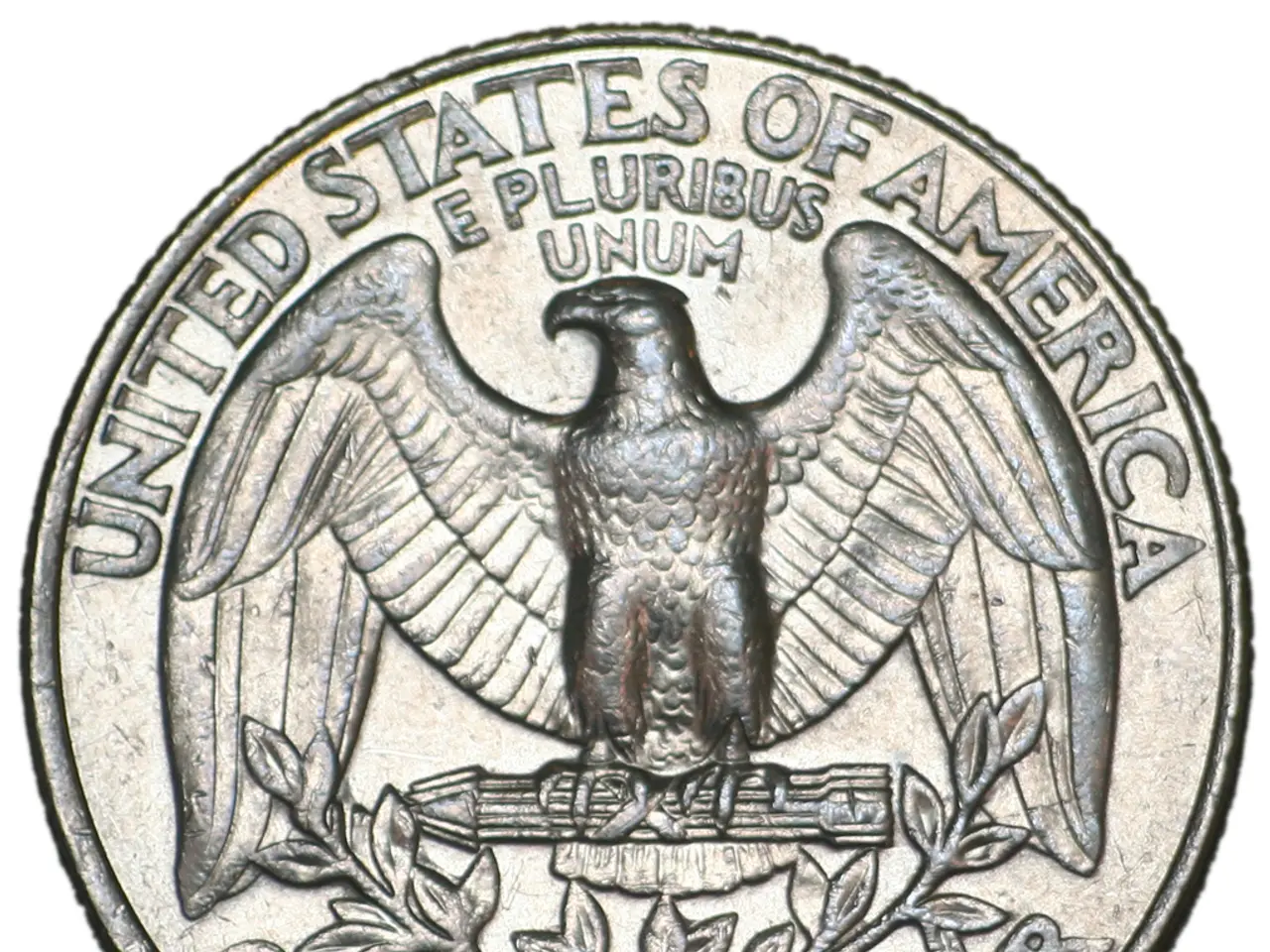Blockchain Technology Improving Supply Chain Transparency and Efficiency
In the world of business, transparency, traceability, security, and efficiency are key components in managing complex, multi-party supply chains. Traditional methods often fall short, leading to inaccuracies, fraud, delays, and disputes. However, a revolutionary technology, first introduced in 2008, is set to change the game: Blockchain.
Originally conceived to support the digital currency Bitcoin, Blockchain was the brainchild of Satoshi Nakamoto, who championed the use of distributed ledger philosophy. Since then, Blockchain has evolved, proving its versatility as a tool that can be used across various industries for open collaboration.
One such industry is manufacturing, where Blockchain technology is poised to revolutionise the sector. By enabling all ecosystem players to record information only once and making it available to all, Blockchain allows manufacturing stakeholders to focus on their core business - manufacturing - rather than being held back by information gaps and trust issues in the supply chain.
The benefits of Blockchain are far-reaching. For instance, Provenance in Blockchain allows the system of records of where each product originated to be traced backwards with authenticity, a feature particularly important in international trade for compliance or QA purposes.
Moreover, the irrevocability of transactions ensures that every transaction that has ever taken place is shared with the entire ecosystem, thus, eliminating the chances of information being hacked, manipulated, or distorted to suit one party.
In terms of cost, Blockchain offers a viable alternative to traditional supply chain solutions at a fraction of the total cost of ownership. Smart-contracting, another Blockchain feature, eliminates the need for "checking the checkers," enabling more focus on partnership and less on compliance.
Addressing the core problem of managing complex supply chains with multiple stakeholders, Blockchain technology delivers a secure, transparent, and tamper-proof digital record of every transaction and movement. This enhances trust, accountability, and operational efficiency at every step of the supply chain journey.
Notarization in Blockchain ensures perfect notarization of every transaction across the system, removing the need for verification through test certificates, bill of lading, or letters of credit. The technology also ensures synchronized and consistent sources of truth, preventing any attempts to manipulate the data to suit one party.
The speed and reliability of transactions are another significant advantage. By moving transactions from a series of bilateral transactions to an ecosystem-based clearing house, Blockchain allows transactions to happen in a minuscule amount of time compared to traditional methods, and since the technology operates in a secure environment, the transactions are a lot more reliable.
With experts predicting widespread adoption of Blockchain technology, the future of supply chain management looks promising. Early adoption is expected during 2016-2017, followed by growth during 2018-2024, and maturity from 2025 and beyond.
In conclusion, Blockchain technology is poised to transform the way businesses operate, particularly in the realm of supply chain management. By delivering a secure, transparent, and tamper-proof digital record of every transaction and movement, Blockchain technology is set to enhance trust, accountability, and operational efficiency at every step of the supply chain journey.
In the realm of supply chain management, Blockchain technology can significantly improve the digital supply chain by introducing supply chain innovation, enhancing management, and leveraging technology. The technology's ability to deliver a secure, transparent, and tamper-proof digital record of every transaction and movement can increase trust, accountability, and operational efficiency across the supply chain.




